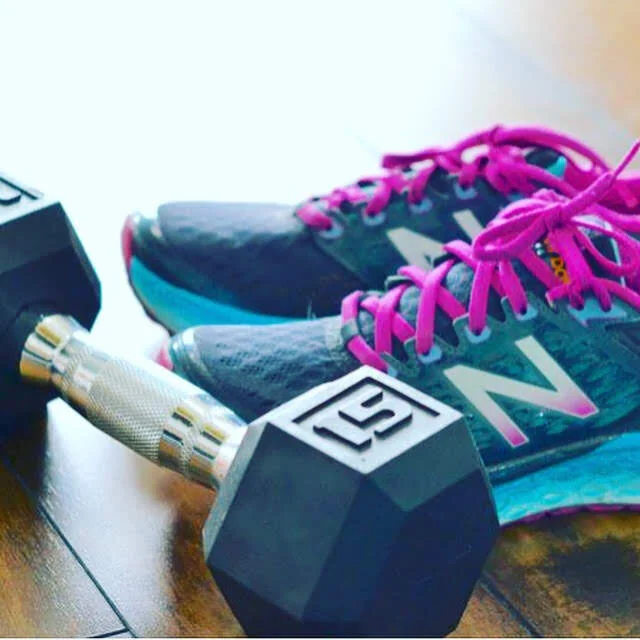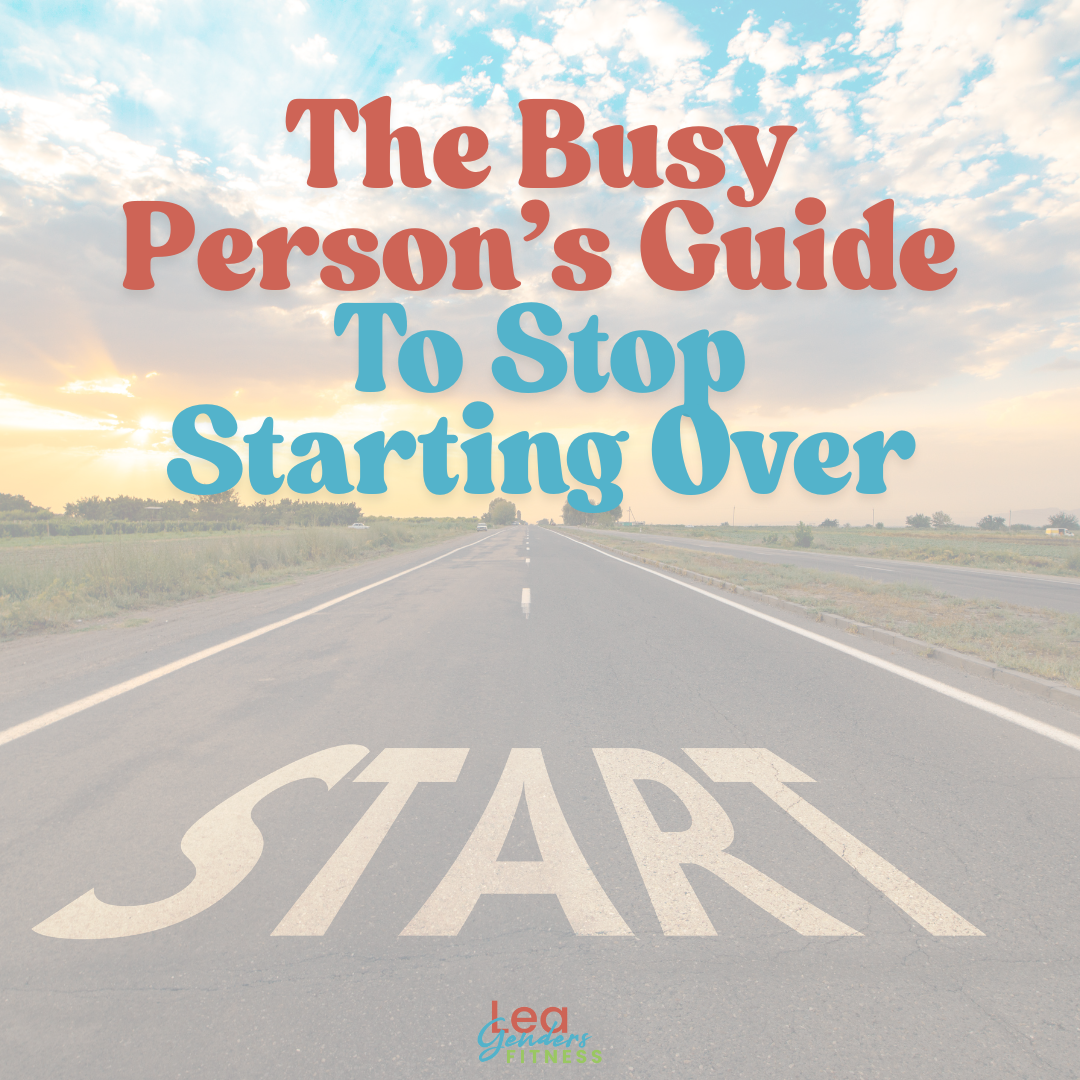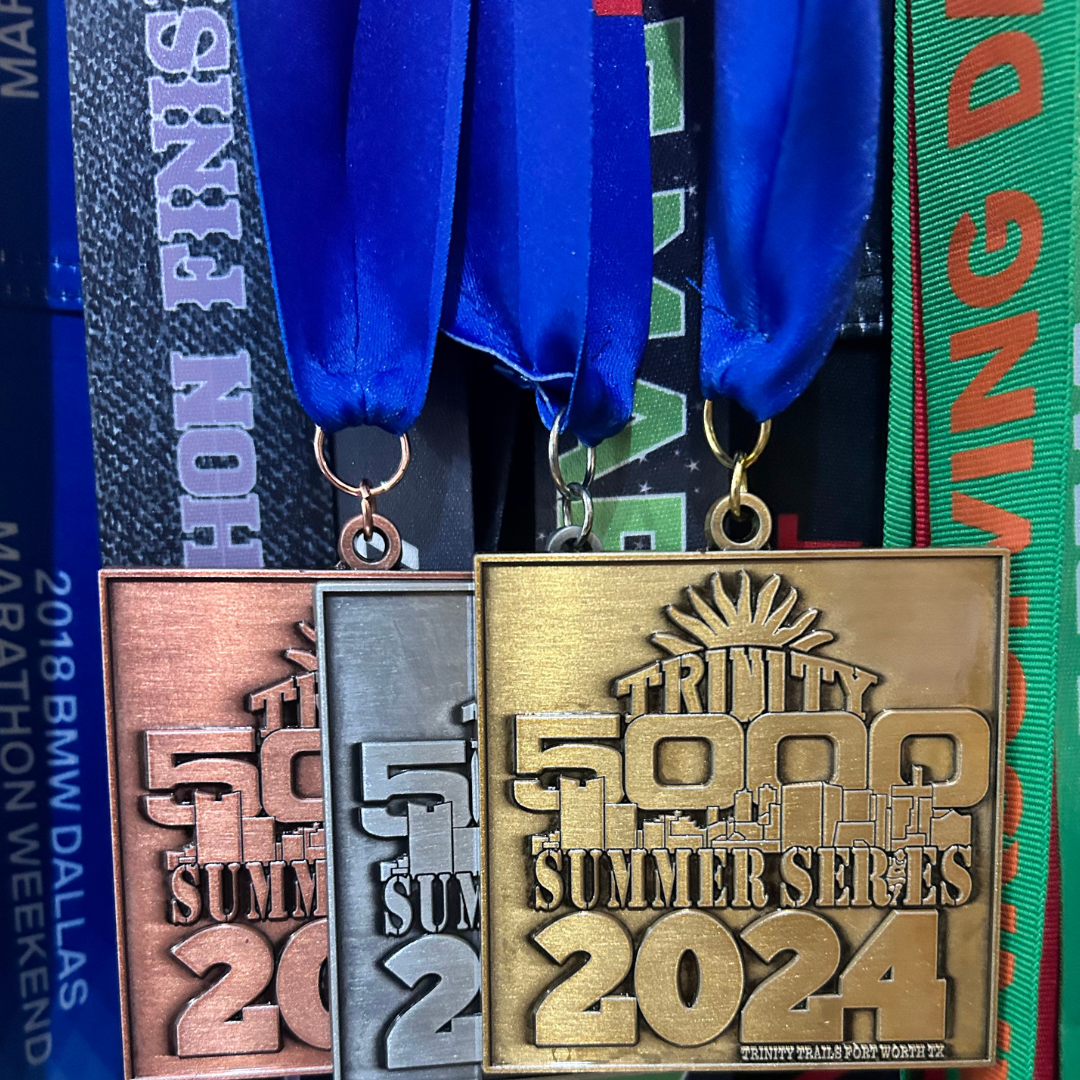Welcome to the latest edition of 52 healthy habits, when each week we tackle a new nutrition or lifestyle habit in order to improve our lives. Healthy habits are the building blocks of a healthy lifestyle and we can make major improvements one small step at a time.
This week in our 52 healthy habit series, I want to review the habits we already covered and see where we stand. It's a good idea to look back and see how far we've come. It can also be easy to work on a new habit, then get side tracked or distracted by something new. (ooo. squirrel!)
So far in the series we've covered everything from drinking more water, improving our sleep habits and increasing protein intake. Let's see where we've been, how it's going and what still needs some work.
You can follow along with my habits each week, or choose your own. Thinking about your habits, recognizing bad habits and implementing and improving good ones are the first steps. What can you tackle next?
Need to catch up on the 52 healthy habits series?
52 HEALTHY HABITS SERIES
week 1: Early to Rise
Getting up early has always been a struggle. It is something that my husband and I work on together and we either support each other like rockstars or we enable each other. At the time of the original post, we struggled, but eventually got on track and were getting up early. Now that a few months have passed, we have fallen back into the bad habit of turning off the alarm all together. Sleep is essential so when I get up early it is important that I commit to going to bed earlier, so I don't lose the necessary sleep to feel my best. With summer right around the corner, it makes the most sense to knock those workouts out early in the morning, before it gets too hot. We have the alarm set for Monday morning, so at the time of this post, I should be up and kicking ass. Hold me to it, OK?
week 2: Track calories
I believe in tracking calories when I am trying to reach certain goals. If I got too lax in my diet and need a drop a couple pounds (who, me?) I may go back to tracking for a few weeks to get back on track. If I am training for a race or event, I may track to make sure I am getting enough calories. Tracking calories is a tool I use to establish a baseline when I am working to meet a specific goal.
week 3: Macro cycling
I just started macro cycling again last week. Again, it is something I do occasionally when trying to meet specific goals. I have six weeks until the IDEA World fitness convention and BlogFest in Las Vegas, so I've decided to get back on macro cycling leading up to my trip.
week 4: Morning pages (journaling)
I'd argue that journaling is probably one of the most productive things I could do with my time. When I write out my thoughts, worries and dreams on paper, I am able to clear my head and work through all kinds of issues. But since we haven't been getting up in the morning, I've not found the time (slaps my own hand). I need to work on this habit again, because the growth is exponential. This is a great example how we can work on something, do well, but eventually fall off and forget about it all together. Reviewing my habits helps me stay focused on the things that are important.
week 5: Stop the scrolling (reading instead of social media)
I've been reading a lot more at night instead of social media scrolling to unwind. I am big into non-fiction and really enjoyed a few of the books I read lately, like Shoe Dog, a memoir by the creator of Nike. I will admit, I still scroll quite a bit, but I am balancing it better. Always a work in progress. What are you reading? I'd love to hear your non-fiction recommendations. I am thinking of adding a book review section to this blog. Would you be interested in that?
week 6: Be a good student (take time for learning)
I am happy to report that I kicked butt on this one. I wrote this post while I was studying for my Precision Nutrition Level 1 Sports and Exercise Nutrition Certification. I completed the course and passed with flying colors. My nutrition coaching program started this month. While success in this course means a great deal to me, the overall theme of this habit is to take time for learning. Never stop learning in life.
week 7: Strength Training 15 minutes per day
I've been doing the Runner's World run streak, where you run at least one mile every day from Memorial Day to Fourth of July. I wrote a post about how to stay safe and sane during the streak. I've been doing great (even when traveling) but the running has taken over my exercise routine. I haven't been out to the #shredshed since it started. Since I am the strength training for runners coach, I better get my butt back out there next week. I've committed to more balance in my program next week which will include strength training at least 20 minutes per day as I follow my own strength training program.
Once I started monitoring my protein intake and I got an idea of how much I needed to consume, I've stayed on track since I developed this habit. It is a great habit to tackle if you are not getting enough protein for your activity level. Aim for .5 to 1 gram of protein per pound of bodyweight, depending on your goals and activity level.
week 9: Take a coffee break (break from caffeine)
Once a quarter I go off caffeine completely for a week or two in order to reset my caffeine tolerance. While I suffer caffeine headaches for a couple days it goes a long way in keeping my my caffeine intake under control. The first week in July is my next reset. Will you join me? Or do you think I am crazy for even attempting such a thing?
I am always working on my mindful eating. Some days are better than others, but the important thing it is something I try to think about at every meal. It is a work in progress and I am always trying to improve. When I eat slowly, pay attention to my hunger and fullness signals and eat to 80% full, I feel my best.
week 11: Create and follow a sleep ritual
Are you getting 7-9 hours of sleep a night? If not, you may be short-changing yourself. Develop a ritual to get to bed and maximize your sleep. It's a game changer.
week 12: 10 Easy ways to eat more vegetables
Since I've been working on this habit, I've added more colorful veggies to my daily salad like red and orange peppers, added mushrooms and look for ways to add in extra veggies at dinner and breakfast.
It was week 13 after all, so was it strange I used this 13 to go on a out-of-character rant? I think not. Spoiler alert: I'm no doctor but I say it's OK to eat your grapes and bananas.
One of my favorite topics, 10K steps a day! I love my FitBit and have been crazy-consistent with my daily steps. I think (in addition to proper nutrition) daily movement outside of traditional exercise is the key to weight loss and maintenance. Try it, you might like it. Are we FitBit friends? Find my email address here to follow me on the FitBit app.
Are you drinking enough water? Check out the strategies you can follow to make sure you are getting enough water.
week 16: How to self-assess your food journal
A food journal, like calorie counting or macro cycling, is a great tool to self-assess your current nutrition and look for ways to make improvements. I walk you through how to do it in this post.
week 17: 52 Healthy snack ideas
Yum. snacks. Check out my ideas for healthy snacks. Do you have anything to add to the list?
Running coach tips (from me) to stay safe and sane on the summer run streak. It can be a healthy habit to lace up those shoes and run at least one mile a day, but be careful of the potential pitfalls of running every single day. At the time of this post, we're on day 15 out of 37.
week 19: Overcoming the All-or-Nothing mindset
This is a habit that I will have to be mindful of for the rest of my life. I am a recovering all-or-nothing thinker, so I work on balance all the time. If I catch myself straying too far in either direction, I have to work to bring myself back to center. Can you relate?
Have you been following along? Do you have a habit that you would like me to tackle next? What's your biggest health, fitness or nutrition-related struggle? Let me know. I'd love to help.
Need help with your nutrition strategy? Tired of dieting? Want help developing healthy habits while staying sane and balanced? Looking for long term results? My nutrition and lifestyle coaching program is a 12 month habit-based system expertly designed by Precision Nutrition for people who are tired of quick fixes, empty promises and willing to put in the effort to make lasting changes.
I am offering a limited number of new clients to try it out for 3 months at only $25.00 per month to start (one time $75.00 payment). After the three months, you can opt out, or choose to continue the program at regular price. Once you get in, put in the work and start seeing results, you're not going to want to quit.
Like this post? It helps me when you share.










































In 2017, while working a corporate job I wrote a blog post dated five years into the future. I described my dream life in vivid detail, right down to the breakfast I'd eat and the way my business would feel. Then, I let it sit in my drafts for nearly a decade.
Reading it now in 2026 is surreal. While the timeline took longer than I imagined, the feeling of my life today is identical to that vision. I am sharing the unedited 2017 draft today as a lesson in the power of knowing your "why" and daring to write it down.